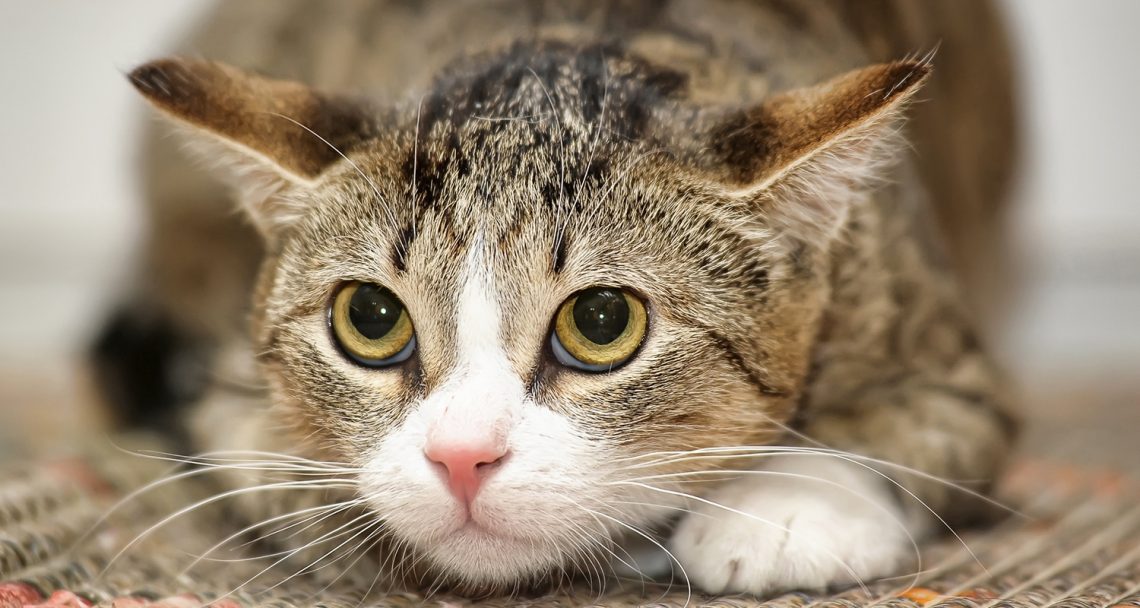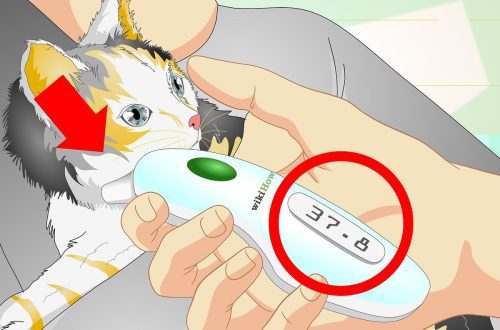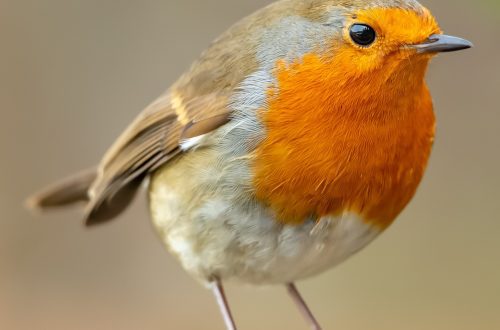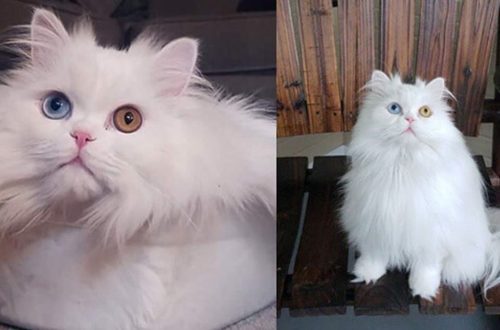
Runny nose in cats: causes of rhinitis in cats and how to treat feline rhinitis
A runny nose in a cat and its treatment is a fairly common problem that, sooner or later, all pet owners face. The causes of a runny nose can be various fungi, infections, bacteria, viruses, allergies, colds, chronic illnesses, inflammation of the ears, neoplasms, parasites, congenital pathologies, etc. When a cat has a runny nose, it should be remembered that these animals get sick, not so often, and the causes of this disease are very dangerous and can lead to more serious consequences. Postponing treatment and thinking that it will go away on its own is also not worth it, the best option would be a visit to the veterinarian, even if the cat is active and there are no other signs of the disease.
When a cat has a runny nose, pay attention to its behavior, whether it rubs its nose or eyes with its paws, sleeps with its mouth open, behaves sluggishly or actively, whether its appetite has disappeared. The nature of nasal discharge plays a key role in making a diagnosis. They can be thick or liquid, viscous or viscous, plentiful or smearing. The color of the discharge varies from light yellow to gray-green, possibly with red clots, and is often accompanied by sneezing and wheezing. All these data are important for establishing the correct diagnosis.
Rhinitis, he’s a runny nose, there are two types:
- primary;
- secondary.
Primary rhinitis, as a rule, is the result of hypothermia, inhalation of any gases or smoke, sudden change in outside temperature.
Secondary rhinitis, a type of runny nose that appears from infections, parasites and foreign bodies.
Cold
Like people, animals are prone to various diseases and colds are quite common. A cat can catch a cold from hypothermia, for example, being outside for a long time after bathing or drafts. In this case, you can use a home first aid kit. You need to treat – one or two drops of saline in each nostril 4-5 times a day. Symptoms of a cold include:
- lack of appetite;
- sneezing;
- sore eyes;
- chills.
Colds lead to dehydration, in this case it is important to pay attention to the amount of water drunk by the pet and, if necessary, give more liquid.
Foreign body
If a foreign body enters the nose of a cat, a runny nose may appear, and sometimes nosebleeds, subsequently leading to purulent outflows. The cat will rub the part where she feels the foreign body is. With such mild irritants as dust and wool, the cat copes on its own, but with the appearance of purulent dischargeit is better to consult a veterinarian.
vermin
Parasites also cause a runny nose in cats. Parasitic rhinitis is characterized by profuse nasal discharge and sneezing. To avoid this type of disease, carry out worm prevention twice a year, ticks and fleas. Such a neighborhood will be harmful not only for the cat, but also for humans.
Fungal irritants
The causes of mucosal damage include fungi and bacteria. A large number of types of fungi and bacteria will not make it possible to independently determine them, so you should consult a doctor and pass all the necessary tests. Cats with a weak immune system are prone to fungal rhinitis, in which case a runny nose becomes chronic.
Allocations in this case, as a rule, are rare and transparent, appear after sleep or are periodic. In an acute bacterial infection, a crust forms as a result of a clogged nose, resulting in shortness of breath and a thin, rare discharge from the nose. A course of antibiotics is prescribed to fight bacterial infections.
Viral rhinitis
Viral rhinitis is considered the most dangerous and entails a number of symptoms that aggravate the condition of the pet. Runny nose, lethargy, lack of appetite, vomiting, diarrhea, thirst or refusal of water, pus in the eyes in this case, a visit to the doctor is required, otherwise there is a risk of death. Unfortunately, today there is no 100% guarantee against the treatment of viruses, and, as a rule, the doctor prescribes drugs that act not on the virus itself, but body support drugs. Antivirals are generic and not directed at a specific virus.
Allergy in cats
A runny nose can also be caused by an allergic reaction to shampoo, household chemicals, flea and tick products, new food, or even houseplants. Often, the reaction to the allergen appears within a few hours, although the onset of symptoms after a few days or, conversely, instantaneous, after contact with the allergen, is also possible. The discharge is liquid and clear, but may be accompanied by edema, various forms of dermatitis, itching, or even respiratory failure. The cat’s treatment depends on how quickly the allergen can be identified, including a course of medications that reduce the pet’s reaction to it.
Chronic diseases in cats
Among the causes of rhinitis in cats, chronic diseases should also be noted. Diabetes, heart disease, nephritis, obesity and other diseases reduce the immune system and overall body resistance, the cat becomes vulnerable to any virus or bacteria. As a result, chronic rhinitis can be added to other chronic diseases. Congenital defects of the nasal bones, injuries can also cause chronic rhinitis.
Treatment of a runny nose in cats can take from a couple of days to several months. It is better to refrain from self-medication and seek help from a qualified specialist who will offer a better option than treating a runny nose in a cat.





